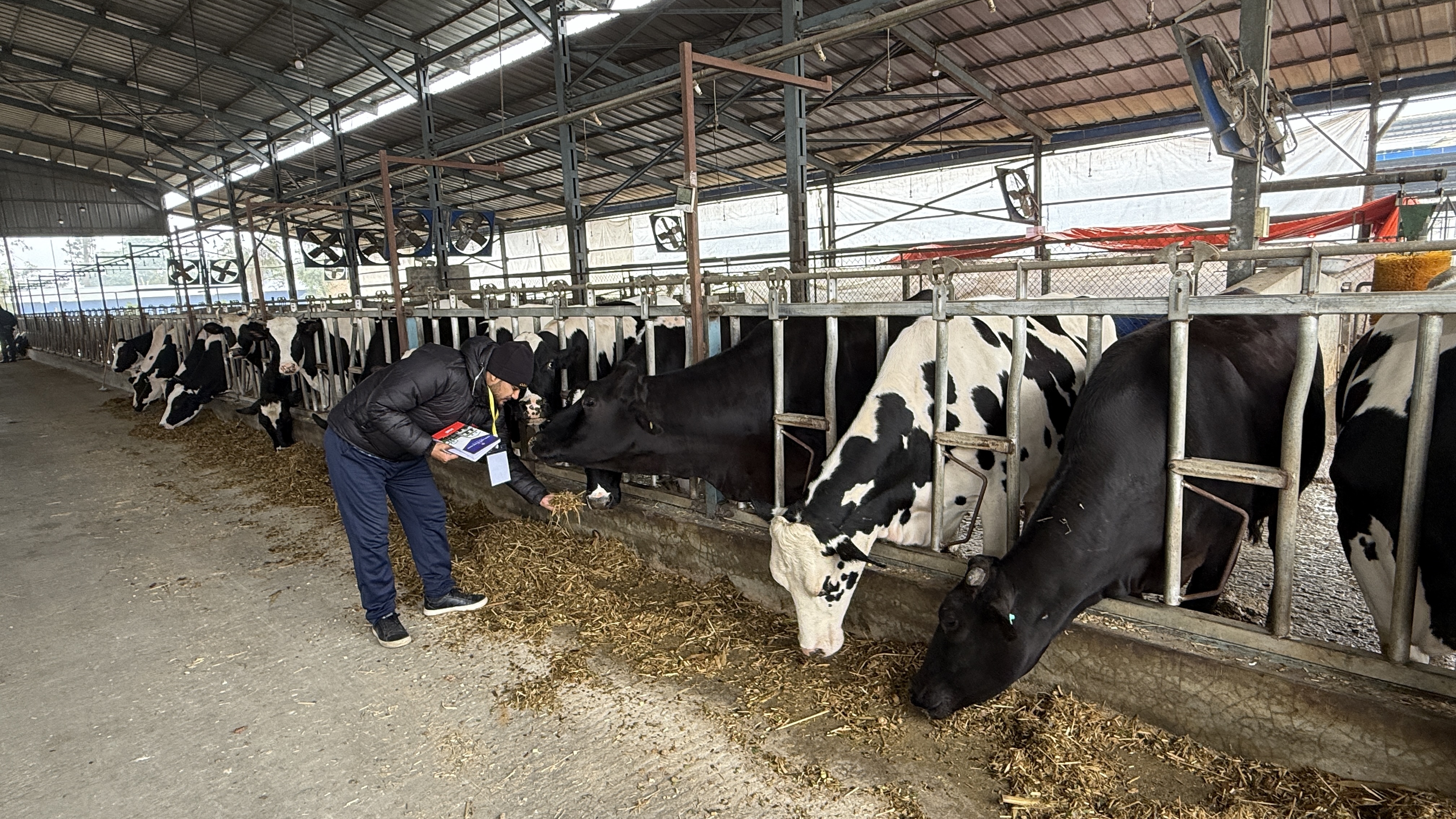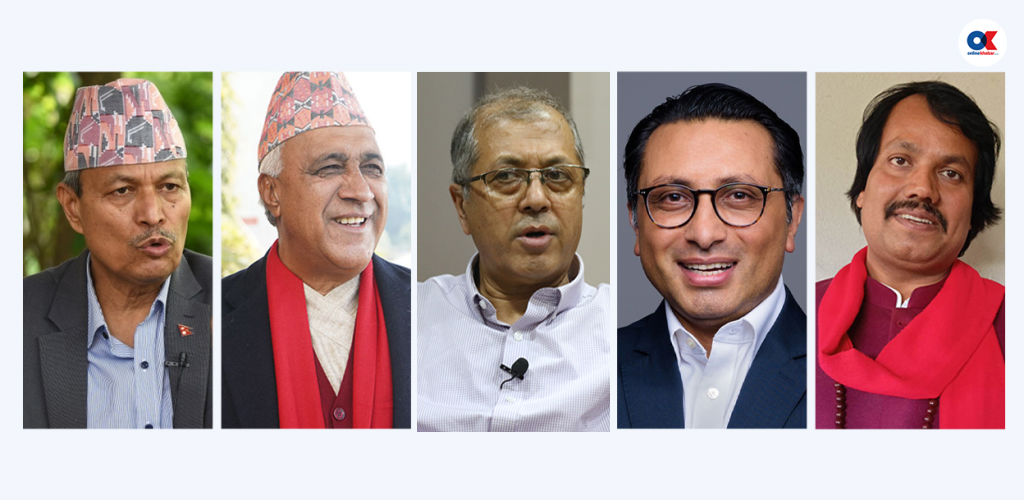
The Government of Nepal is facing significant challenges in endorsing the newly drafted Education Act in Parliament, primarily due to conflicting interests among various stakeholders. One of the most prominent concerns has been raised by the Teachers’ Association of Nepal, protesting against the government’s repeated failure to implement past agreements addressing their longstanding demands.
These include permanent status for temporary teachers without age restrictions, proper staff management and retirement benefits, integration and better pay for early childhood development facilitators, and a promotion system based on qualifications and experience. They also seek recognition of service for conflict-affected and union teachers, pay parity and social security for private school teachers, separate quotas and clear roles for headteachers, transparent transfer systems, a defined teacher hierarchy with subject-wise quotas, and full trade union rights. Despite agreements in 2018, 2021, and 2023, most commitments remain unfulfilled, leading to frustration and eroding trust between educators and the government.=
Schools resist reform
In contrast, a coalition of student unions has voiced strong opposition to this demand. They argue that the process of regularising temporary teachers should be conducted through open and competitive examinations, in line with international standards. These student groups insist that all teaching positions created by the Teachers Service Commission should be filled through 100 per cent open competition to ensure merit-based recruitment.
Additionally, the bill has encountered resistance from the Private Schools’ Association, which objects to the proposed provision to convert private educational institutions into non-profit entities. This proposal aligns with the constitutional vision of Nepal, which guarantees free and compulsory basic education and discourages the commercialisation of the education sector. The stance of the Private Schools’ Association stands in direct contradiction to the fundamental principles enshrined in the Constitution of Nepal, which clearly positions education as a public good to be provided on a non-profit basis.
Contradictions have also emerged among political parties across the ideological spectrum regarding the proposed Education Bill. Even within the ruling coalition, there appears to be a lack of confidence in the bill’s ability to effectively address the existing challenges in the education sector. Furthermore, the leader of the opposition recently criticised the bill for failing to reflect the mandates and aspirations of the various political movements and revolutions that have shaped Nepal’s history. He emphasised that the draft bill inadequately addresses the historical achievements and undermines the spirit and vision of the Constitution of Nepal.
The education sector is heavily influenced by powerful interest groups, such as the Teachers’ Association, student unions, and private school operators, who exert considerable pressure on political parties to protect their respective interests. The Teachers’ Association, with strong affiliations to both ruling and opposition parties, advocates for the automatic regularisation of temporary teachers, bypassing competitive examinations—an agenda driven more by political loyalty than meritocratic principles. Within the ruling coalition itself, ideological fragmentation and competing political priorities have led to a lack of internal consensus, causing policy paralysis on key educational reforms.
Furthermore, electoral calculations play a significant role, as leaders are hesitant to oppose these influential groups for fear of alienating voter bases, even if such compromises hinder long-term educational development. Opposition parties, on the other hand, invoke the legacies of historic political movements, such as the People’s Movement and the Maoist Revolution, to argue that the bill fails to honour the transformative ideals of inclusion, equity, and institutional restructuring envisioned by the Constitution. Theoretically, this impasse can be examined through multiple lenses.
Constitutional vs Capitalism

The government is caught between pressures to adapt to global standards and constitutional mandates (institutional isomorphism) and a reluctance to abandon entrenched practices (path dependency), particularly regarding non-merit-based hiring. The political economy perspective further reveals a deeper ideological contradiction between the neoliberal commodification of education—driven by the capitalist orientation of the state—and the constitutional vision of education as a public good under a socialist framework.
Although the Constitution of Nepal envisions a socialism-oriented political and economic system, the state has largely embraced a liberal, market-driven model, allowing the privatisation and commercialisation of essential sectors like education. This shift has created a structural contradiction wherein constitutional ideals are subordinated to capitalistic policies, reinforcing inequalities and limiting the transformative potential of educational reform.
In such a dilemma surrounding the Education Bill, the prospects for achieving a consensus among stakeholders remain uncertain. The complexity of the situation has made meaningful policy reform in the education sector increasingly difficult.
The prolonged deadlock over the Education Bill is likely to have far-reaching consequences. Firstly, it may delay much-needed reforms aimed at improving the quality, accessibility, and equity of education in Nepal. Without a clear legislative framework, key challenges such as teacher recruitment, job security, public-private school regulation, and curriculum reform may remain unresolved. Secondly, the inability of political actors to reach consensus undermines public trust in the government’s capacity to implement constitutional mandates, particularly the right to free and compulsory basic education.
Collaborative education solution
Furthermore, the discord among political parties, student unions, teacher associations, and private school operators reflects deep institutional fragmentation, which may hinder the formation of a coherent national education policy. In the long term, such stagnation could exacerbate existing inequalities in the education system, demoralise educators, and reduce Nepal’s ability to meet its commitments to global education goals such as SDG 4 (Quality Education).
Overall, the impact of this legislative impasse is not only administrative but also symbolic, revealing the challenges of balancing competing interests in a politically pluralistic democracy.
In this context, it becomes imperative for the government to initiate inclusive and transparent dialogue with all concerned stakeholders to ensure that diverse interests are acknowledged and addressed. Given the ongoing contention, the government’s ability to uphold and implement the constitutional mandates related to education is being seriously questioned, highlighting the urgent need for collaborative and constitutionally grounded solutions.






















